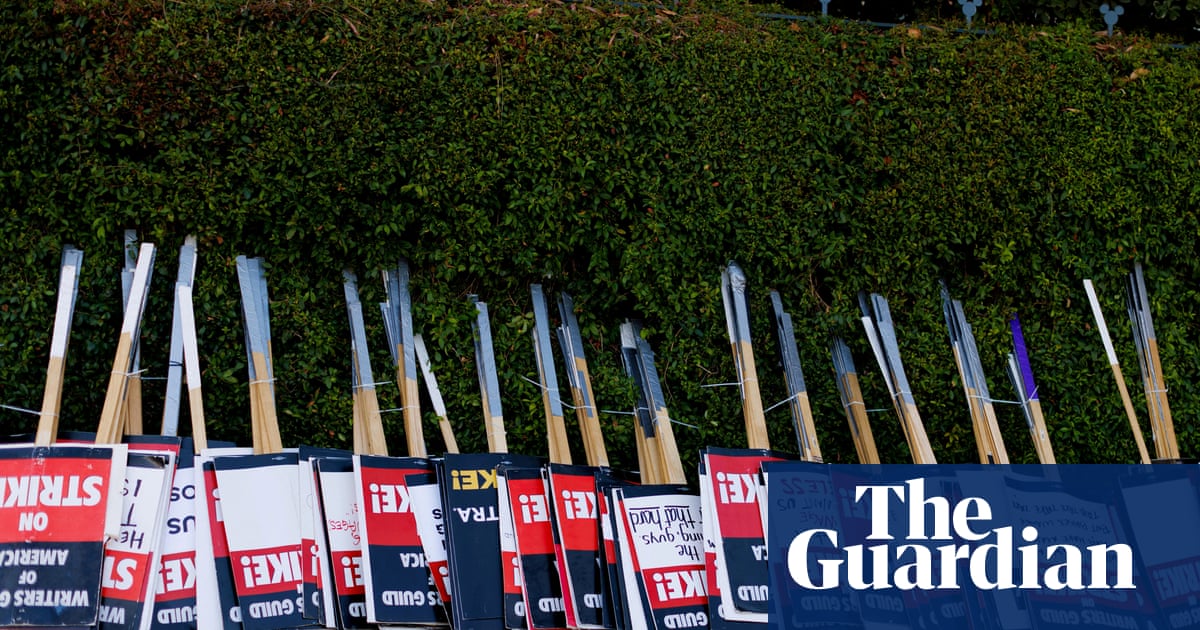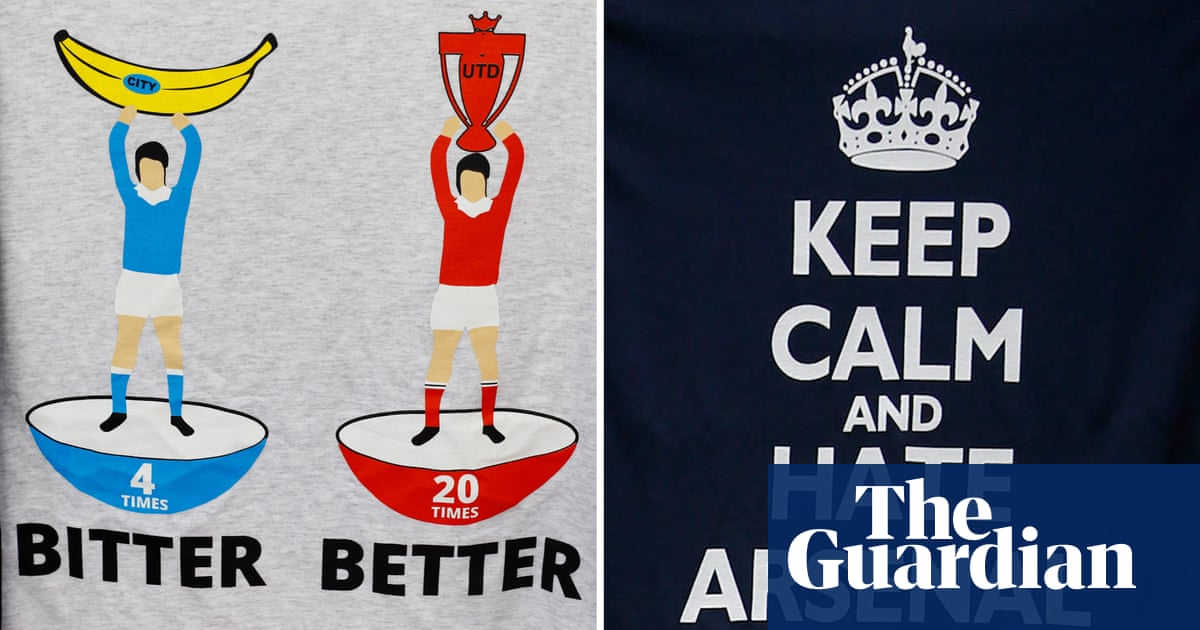
For five long months since the Writers’ Guild of America announced a strike at the start of May, Hollywood has been at an impasse. That strike – over, among other things, money screenwriters receive (or rather don’t receive) from streaming and the looming use of artificial intelligence in show creation – put a stop to the screenwriting of US studio film and TV dramas, comedies and late night comedy shows. When, in July, the Screen Actors’ Guild joined the writers in striking (over many of the same issues), things really hit a standstill. Only reality TV shows, and a few independent works that received a waiver from the guilds, were able to proceed as normal.
But this week: light at the end of the tunnel. At midnight on Wednesday the writers officially ended their strike, having received concessions on many of the issues they were concerned about. (This despite an unnamed studio exec suggesting earlier this summer that the strike would go on until “union members start losing their apartments and losing their houses” and inevitably gave in. Great prediction!). The widespread hope is that the actors, now with a blueprint for resolving similar disagreements over AI and so forth, will soon follow.
Still, with the industry essentially having shut down for a significant portion of the year, the strike will have a long tail. For writers, who will still be reckoning with the months of wages they never received. And for the studios, not to mention viewers, staring through a massive gaping hole left by all the shows and films usually being worked on from May to September. Here are four ripple effects caused by the summer when everything stopped.
A cultural famine this autumn
The benchmark for just how bleak things are looking for TV in the next months is HBO. You could usually expect the home of extremely moreish prestige telly to deliver a clutch of must-watch dramas this autumn, so what do they have coming up? Er … a new series of Julian Fellowes’s The Gilded Age, and that’s yer lot. True Detective, the jewel in their autumnal crown, has been nudged to 2024, leaving the cupboard for the rest of this year strikingly bare.
HBO are not alone. Cinema too has been heavily affected: notably, Dune: Part Two has shifted its release date to next spring, presumably over concerns that stars like Zendaya and Timothée Chalamet would not be able to complete press and red carpet engagements if the strikes were ongoing.
Broadcast TV continues to decline
Streamers, with no strict schedules to fill and vast libraries of content to call on, haven’t suffered too much from the strikes. But it’s been a disaster for US TV networks, who have been forced to air endless game shows, reality shows and repeats over the past few months. This content drought came just as linear viewing (ie. watching live), for the first time ever, ceased being the majority method for watching television in the US.
Streaming might itself be an unstable business model but broadcast TV, once practically a license to print money, is now considered an entirely “broken” business model by Disney head Bob Iger, who is considering selling off some of the studio’s channels.
Everything old is new again
For all the ratings worries for those US broadcast TV channels, there has been one notable success story: Taylor Sheridan’s neo-western series Yellowstone (above). Already a huge ratings winner on cable channel Paramount, it has been re-aired on the CBS network, attracting impressive figures for a repeat. Nearly half of its viewers have never watched the show before, meaning the show has grown its already sizeable fanbase even further.
It’s not the only old show to have attracted a new audience: without doubt the streaming hit of the summer has been Suits, a show that first aired 12 years ago. In July a preposterous 18 million minutes worth of the Meghan Markle-powered legal drama was watched across Netflix and US streaming site Peacock. The popularity of these shows suggests that, increasingly, whether a series is new or old is immaterial to its success.
Expect a lot fewer shows in the future
It’s just as well that old shows are having their belated moment in the sun. The end of peak TV, that steroidal period where more content was being churned out than could ever be watched, has been coming for a while. The strike though seems to have hastened its demise, with studios using the labour dispute as an opportunity to can series they clearly had little faith in, even ones they had previously renewed.
Perhaps this is a much needed corrective for a period when so many series got lost in the wash. Although that’s probably not much consolation for those in the industry, now facing a marketplace with far fewer potential jobs.
… and for the studios to be even more risk-averse
Of course, when studios are making fewer shows, the ones they are making are likely to be safe bets. There’s less room for risky propositions, for the unfamiliar. Would a show about the squabbles of a media dynasty family, featuring no superstar names in the cast, be commissioned now? Arguably not. And of course what goes for TV, goes double for cinema, where creativity has been at a premium for a while now.
So expect the wrong lessons to be learned from the success of Barbie (endless sequels, less of the artistic freedom given to talented filmmakers like Greta Gerwig) and no lessons to be learned from Oppenheimer, despite it being a near-billion-dollar-grossing film that wasn’t a sequel, a superhero movie or based on existing intellectual property. Sigh.












